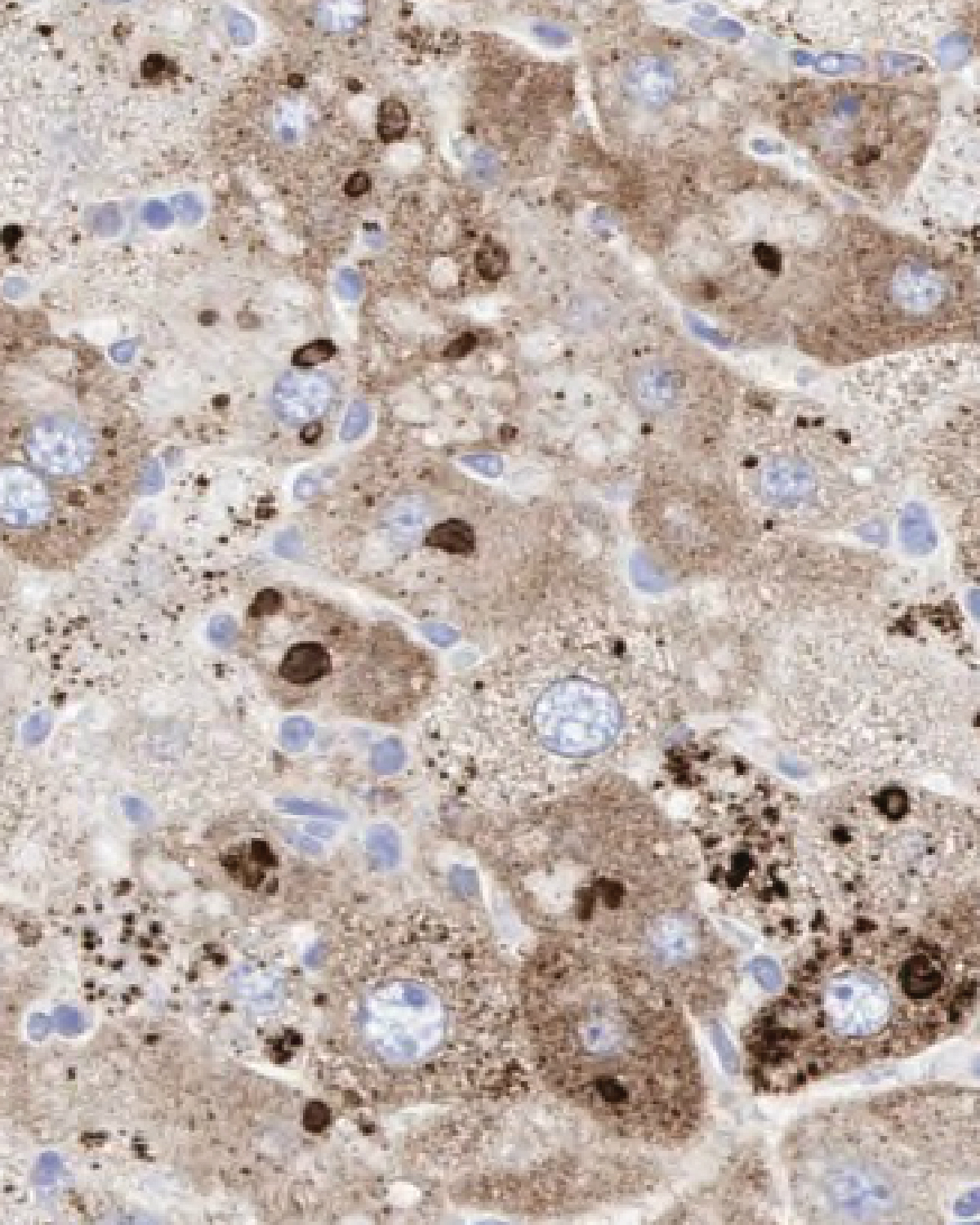
Autophagy is a process of cellular self-digestion that is required to prevent the build-up of damaged molecules that would otherwise predispose to a range of diseases including neurodegeneration and cancer. In their new publication, researchers from Dr Masashi Narita’s Group at the CRUK Cambridge Institute, and their collaborators, describe a new model in which we can control when and where autophagy happens. Instead of completely deleting a gene, they developed a system that allows us to turn off and on a key autophagy gene, blocking and re-establishing autophagy, respectively. This has enabled them to perform experiments that were previously impossible and uncover novel insights. In one example, the researchers were able to show that autophagy inhibition can drive liver damage, yet liver fibrosis occurred only after autophagy restoration. Such models are necessary to test the role of autophagy at different stages of disease, such as in cancer where it may have different roles in tumour initiation, progression, and treatments.















